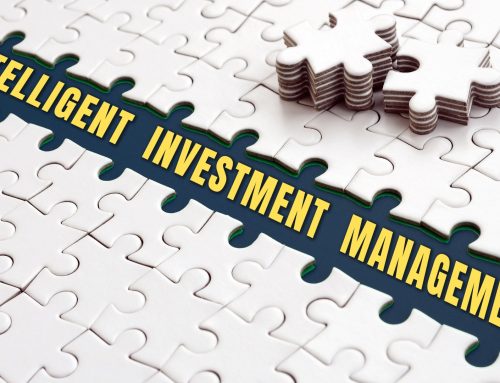
Letter to My Daughters: On Financial Health and Wellness
Financial Health and Wellness have a LOT in common with Physical Health and Wellness; especially in the sense that everyone knows it’s important, and they even know how to do it (make more, spend less, invest the difference), but very few people actually do what it takes to achieve it. John Templeton once told a reporter his secret for becoming wealthy: for the first 20 years out of college, he saved half of everything he earned. Period. Now, John Templeton is a LEGENDARY investor and has earned good returns for his clients by investing. But his SECRET to wealth was not some stock-picking tip; it was to save HALF of everything he made. Simple.
But not EASY. Just like being physically healthy is simple but not easy. I’m not saying you have to save 50% of everything you earn, but you could probably save 5%, maybe even 10%. Most of us can find a way to save a nickel or a dime out of every dollar we earn (and if you can’t find a way, come talk to me; I’ll help you.) So, I’m starting to think people haven’t determined WHY they should work to get and stay financially healthy. Just as we need a sufficient why to eat better, manage stress, and exercise, we need a good why to earn, save, and invest. And just as we may have very good reasons for eating poorly and skipping workouts, the same can be true for why we spend more and save less.
These reasons are short-term and counterproductive to long-term goals and ambitions. My “why” for being financially healthy is remarkably similar to my “why” for being physically healthy: to be able to watch and enjoy all the things you girls are going to do, achieve, and accomplish. I want to be financially healthy enough to enjoy my physical health, and I want to be physically healthy enough to enjoy my financial health.
And the way to financial health is very similar to the way to physical health. Do the right things, do them consistently, and do them for sustained periods of time measured in years. We should go over the wonderful effect of compound interest on finances, but the key to compounding is TIME. The earlier you start, the more consistent you are, the better it works. Just like being physically healthy, the benefits compound over time. The longer you do it, the more consistent you are, the better your results.
Let me know if you want to talk about any of this or if you need help getting started. At your age, you don’t need much in the way of financial planning, just save and invest, save and invest. As you get older, it will be useful for us to go through a formal and comprehensive financial planning process, but for right now, just save and invest, save and invest.
Let me know if I can help.
The opinions expressed are those of Muhlenkamp and Company and are not intended to forecast future events, guarantee future results, or offer investment advice.
Investing involves risk. Principal loss is possible.








